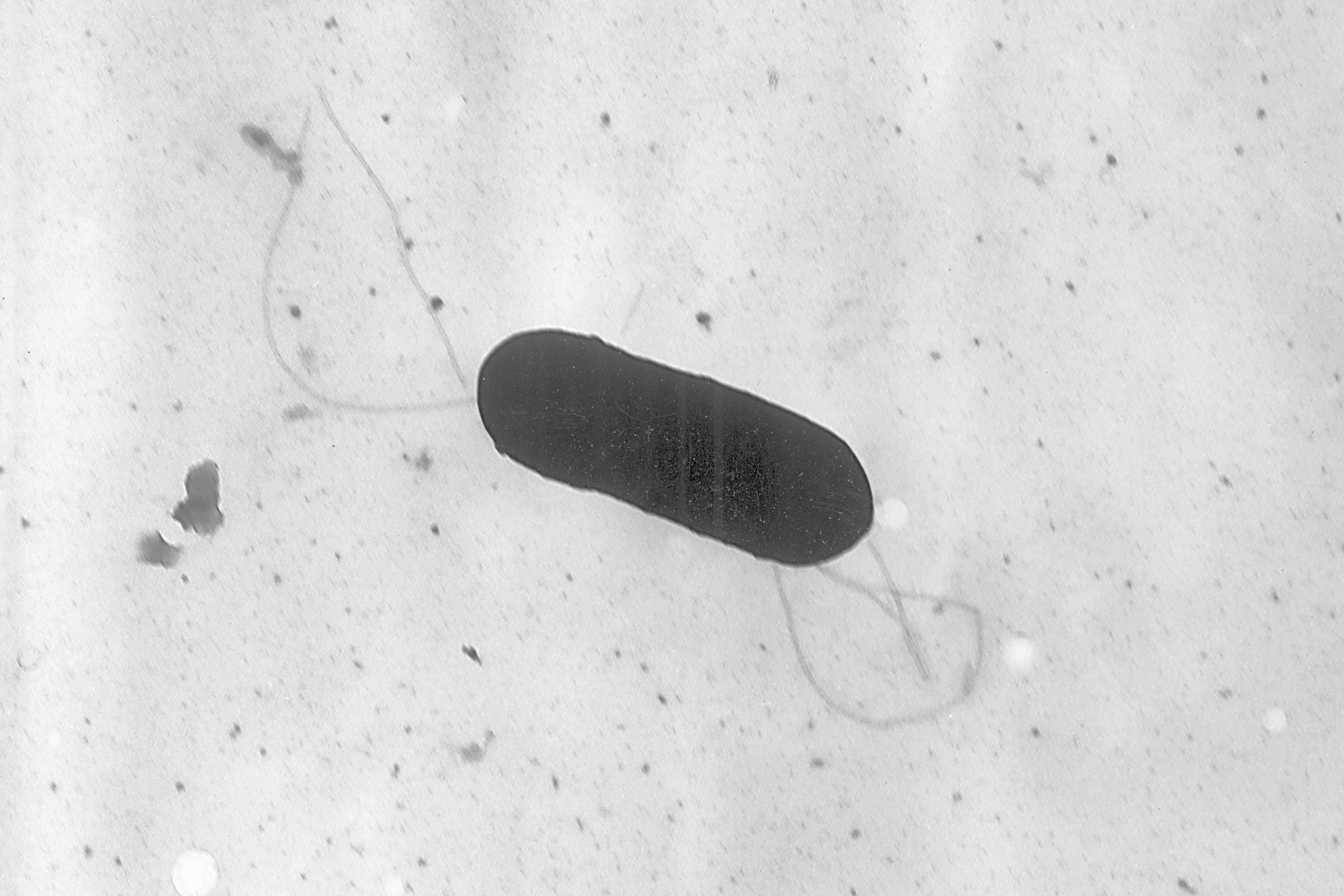Listeria: Everything you need to know as bacteria outbreak kills three in Washington
The cases were linked to the bacteria’s spread through eating ice cream from Listeria-contaminated machines

Your support helps us to tell the story
From reproductive rights to climate change to Big Tech, The Independent is on the ground when the story is developing. Whether it's investigating the financials of Elon Musk's pro-Trump PAC or producing our latest documentary, 'The A Word', which shines a light on the American women fighting for reproductive rights, we know how important it is to parse out the facts from the messaging.
At such a critical moment in US history, we need reporters on the ground. Your donation allows us to keep sending journalists to speak to both sides of the story.
The Independent is trusted by Americans across the entire political spectrum. And unlike many other quality news outlets, we choose not to lock Americans out of our reporting and analysis with paywalls. We believe quality journalism should be available to everyone, paid for by those who can afford it.
Your support makes all the difference.Three people have died and six others are in hospital after being infected by Listeria, (a dangerous bacteria that contaminates food and causes listeriosis), according to the Washington Department of Health.
The public health body said on Tuesday that the cases were linked to the bacteria’s spread through eating ice cream from Listeria-contaminated machines in Tacoma, Washington.
The cases have been linked to machines that were “not cleaned correctly” at a Frugals restaurant in Tacoma, according to the Washington Department of Health.
On 18 August the health agency said in a statement that even though the restaurant stopped using the machines on 8 August, the bacteria can still “sicken people up to 70 days later”.
Most people who eat food contaminated with Listeria will not get seriously sick, but those who might fall ill include women who are pregnant, people over the age of 65 or people who have a weakened immune system. The health agency has advised consumers to “call their health care provider if they ate a Frugals’ Tacoma milkshake” between 29 May and 7 August, of this year.
According to the Food and Drug Administration (FDA), the Listeria monocytogenes bacteria (first identified in 1911 but named in 1940 to “honour” British surgeon Joseph Lister, who recognised the importance of sterilising equipment before attempting invasive operations) enters the human body after contaminated food is eaten or handled or contaminated surfaces are touched.
The institution’s website explains: “After a person ingests Listeria monocytogenes, the bacteria grow quickly in the liver and then move into the bloodstream and can invade many places in the body, including the brain, membranes surrounding the brain and spinal cord, the gastrointestinal tract and the bloodstream.”
The CDC states that around 160,000 people contract listeriosis in the US every year and the disease poses the greatest threat to the over-65s, pregnant women and those with a pre-existing condition that has left their immune system weakened.

As an invasive illness, the disease can be severe and its most common symptoms are fever and flu-like symptoms such as fatigue and muscle aches, although headaches, stiff necks, confusion, loss of balance and even seizures are possible.
As an intestinal illness, where symptoms are likely to be milder, diarrhoea and vomiting are the probable result, lasting around one-to-three days.
Anyone experiencing symptoms they believe to have been caused by listeria is advised to seek medical aid.
In invasive cases, listeriosis is usually treated with a course of antibiotics but that may well not be necessary in its intestinal form unless the risk is deemed to be severe, although those suffering from the latter version of the virus will need to ensure they rehydrate properly to compensate for the loss of fluid.
The Centers for Disease Control and Prevention (CDC), warns that while listeria outbreaks in the 1990s were largely traceable due to processed meats and hot dogs, more recent cases have also stemmed from other foodstuffs like soft cheeses, raw celery, sprouts and melons, unpasteurised milk and ice cream.
Those who believe they have purchased products that might have been affected are advised to clean their refrigerators and any surfaces the foods might have touched with hot soapy water.



Join our commenting forum
Join thought-provoking conversations, follow other Independent readers and see their replies
Comments